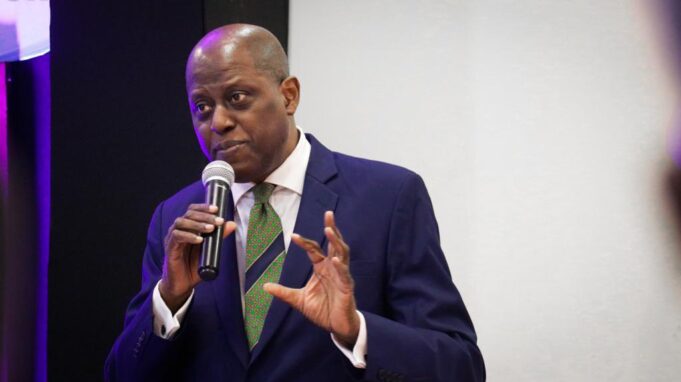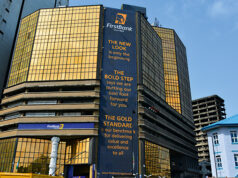In the past 10 years, Nigerians have spent an estimated $40 billion on foreign education and medical tourism.
The amount is an equivalent of Nigeria’s foreign reserve.
The Governor of the Central Bank of Nigeria (CBN), Mr. Olayemi Cardoso, made the disclosure on Tuesday, February 4, while briefing members of the House of Representatives in Abuja on the state of the economy.
On the weakening of the Naira, he stressed the need for attitudinal change that will benefit local economy by patronising local production.
Cardoso urged Nigerians to patronise local content to strengthen the Naira against the dollar and stabilise the economy.
The CBN Governor said that the growing number of Nigerian students studying abroad was also a major contributor to forex scarcity and depreciation of the Naira.
“In the 1980s and 1990s, the need for US dollars for their living expenses was minimal. However, recent data shows a significant change.
“According to UNESCO’s Institute of Statistics, the number of Nigerian students abroad increased from less than 15,000 in 1998 to over 71,000 in 2015.
Senate grills Service Chiefs over insecurity Wednesday
“By 2018, this figure, according to a World Bank report, had reached 96,702 students. Another report projects the number of Nigerian students studying abroad to exceed 100,000 by 2022.
“Additionally, the UK’s Higher Education Statistic Agency noted a 64 per cent increase in Nigerian students studying in the country, rising from 13,020 in the 2019/2020 academic session to 21,305 by the 2020/2021 session,” he said.
He said that between 2010 and 2020, foreign education expenses amounted to a substantial $28.65 billion.
“Medical treatment abroad has also incurred around $11.01 billion in costs during the same period.
“Consequently, over the past decade, foreign exchange demand for education and healthcare has totalled nearly $40 billion.
“This amount surpasses the total current foreign exchange reserves of the CBN. Mitigating a significant portion of this demand could have resulted in a considerably stronger Naira today,” he said.
He said that Personal Travel Allowances have also accounted for a total of $58.7 billion during the same period.
- Alex Otti should publish Abia Forensic Report now - May 1, 2024
- FG approves 25%, 35% salary increment for civil servants - April 30, 2024
- CBN director: How I collected $600,000 contract bribe for Emefiele - April 29, 2024










